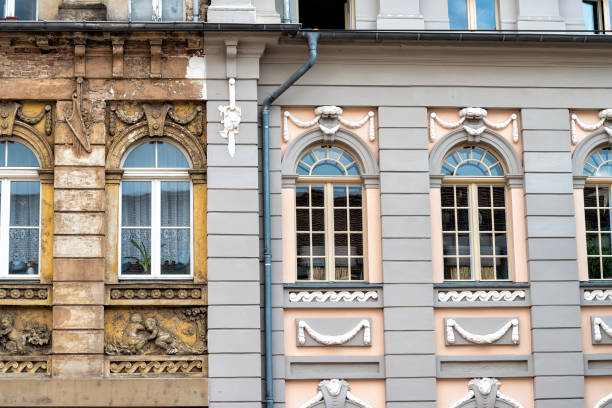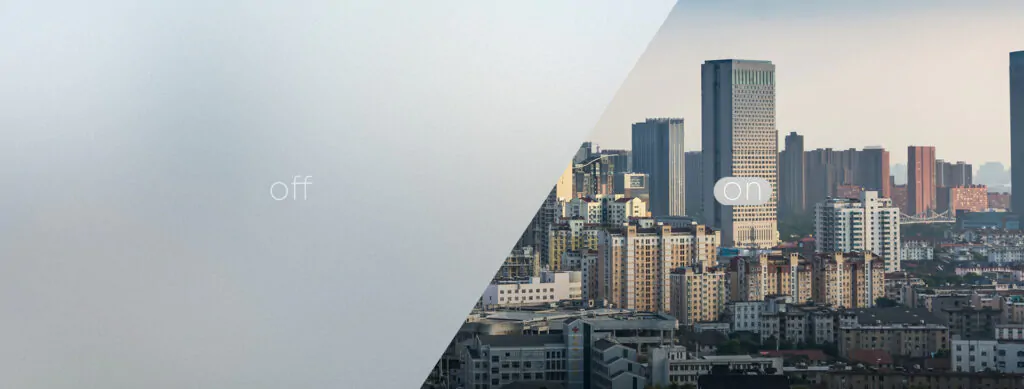Weiku do Brasil Hydroelectric Plant: Clean Energy and Sustainability for the Future
Hello, friends of the Weiku community! Today we’re talking about an important new development at our headquarters: the Weiku do Brasil hydroelectric plant.
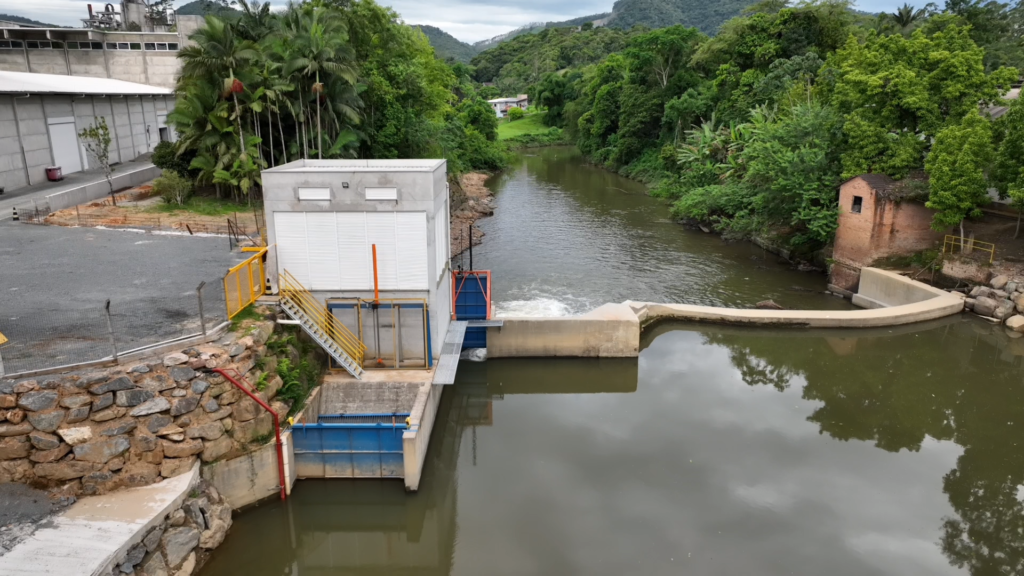
The construction of the hydroelectric plant on the Testo River marks a significant milestone for Weiku do Brasil, reflecting the company’s commitment to sustainability and clean energy generation for its operations.
The main goal of the project — the first hydroelectric plant in Pomerode — is to supply 40% to 50% of the company’s current energy needs.
According to Daniel Raduenz, Weiku’s Chief Financial Officer, the plant will not only reduce the company’s reliance on external energy sources but will also make a meaningful contribution to environmental responsibility. “In addition to generating clean energy, the hydroelectric plant is part of a broader movement toward environmental accountability, aligned with Weiku’s carbon footprint reduction goals,” explains Raduenz.
From the outset, the company adopted a rigorous environmental approach. Weiku obtained all required licenses and fulfilled environmental compensation requirements for the plant’s construction. Ongoing monitoring of the local ecosystem—both before and during construction—is another example of the brand’s commitment to preservation. Raduenz notes that monitoring will continue for years to come to ensure local flora and fauna remain protected.
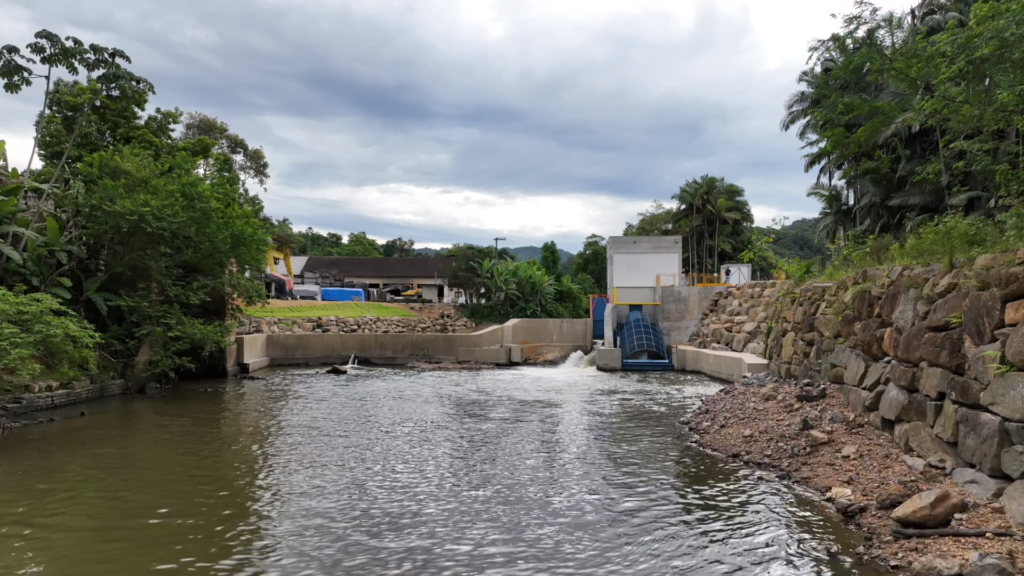
The hydroelectric plant is only part of a broader plan to invest in renewable energy sources and innovative technologies. Alongside the plant, Weiku is also implementing solar energy through photovoltaic panels, further enhancing its clean energy production. “Combining these renewable sources moves us toward energy self-sufficiency—a key step in reducing the environmental impact of our operations,” Raduenz adds.
Investing in technologies like hydro and solar power reflects Weiku’s strategy to not only reduce its carbon footprint but also improve operational efficiency.
However, the construction faced significant challenges. One of the main obstacles was the climate—especially in 2023, a year of heavy rainfall in southern Brazil. The excessive rain hindered construction, causing delays and material losses. Building in the riverbed also posed logistical issues, as water volume and flow fluctuated, demanding continuous adjustments. Another major challenge was transporting the turbine, which required special permits due to its size. Despite these hurdles, Weiku overcame them through detailed planning and strategic partnerships.
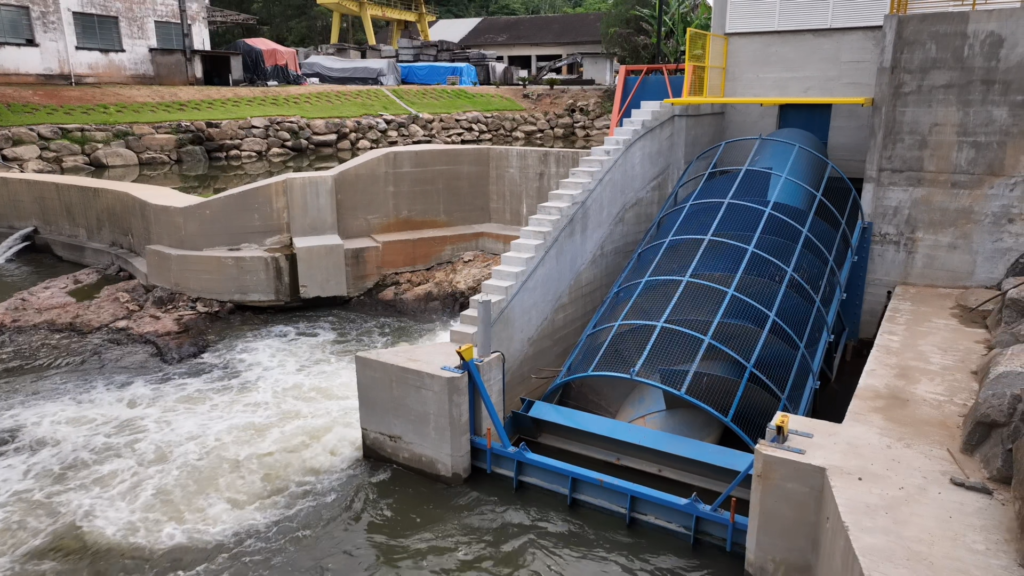
According to Raduenz, the hydroelectric plant is fully aligned with Weiku’s sustainability goals. The company already adopts eco-friendly production practices, such as using lead-free stabilizers in PVC profiles. Generating clean energy through hydro and solar plants is a key step in reducing its environmental impact. “Our commitment goes beyond energy. We’re dedicated to ensuring our products and processes become increasingly clean and eco-conscious,” he concludes.
With the construction of the hydroelectric plant, Weiku do Brasil reinforces its environmental responsibility while serving as a role model for the regional industry. The initiative benefits not just the company but also the city of Pomerode, which is now home to an innovative, sustainable project—one that may inspire other local businesses to follow suit.
